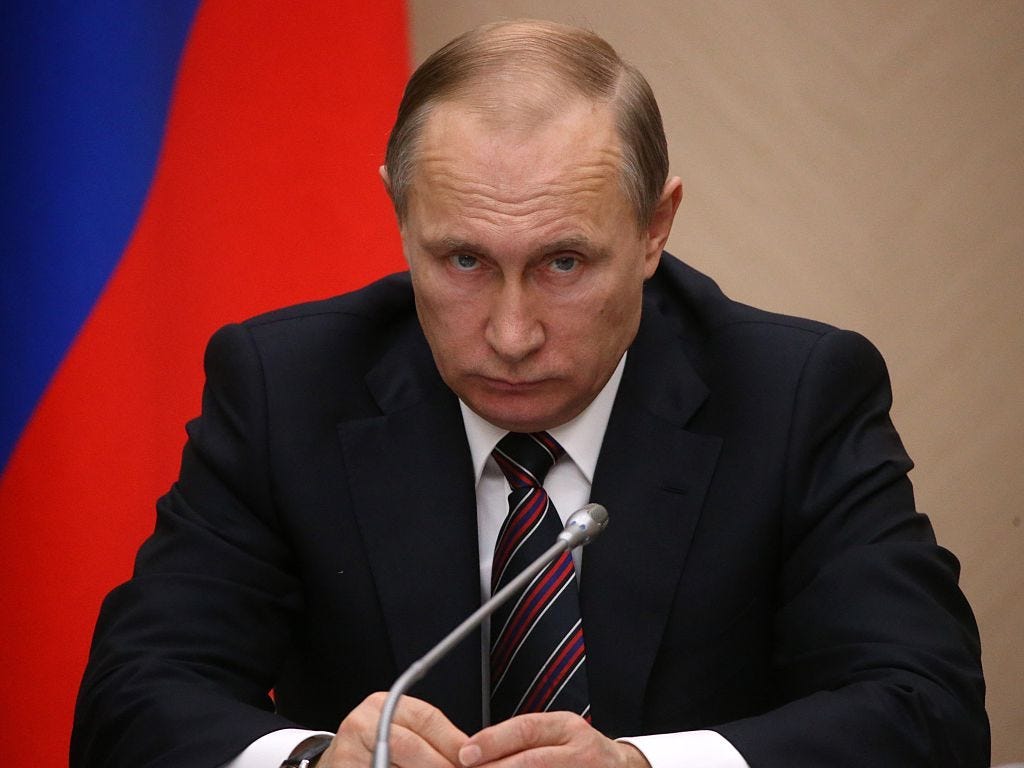Latest news on ETFs
Visit our ETF Hub to find out more and to explore our in-depth data and comparison tools
A scramble for Chinese equities united the global investment industry last month, just as attitudes towards European and Japanese stock markets became heavily bifurcated along geographical lines.
Despite strong domestic enthusiasm, foreign exchange traded fund investors turned their backs on European and Japanese stock markets in September.
Yet global investors were unified in their enthusiasm for Chinese stocks after the People’s Bank of China unveiled a series of stimulus measures that included monetary easing, steps to support the country’s crisis-hit property market and a Rmb800bn fund to boost the stock market, by lending to asset managers, insurers and brokers to buy equities and to listed companies to buy back their stock.
The war chest expanded on the activities of China’s “national team” of sovereign wealth funds, most prominently Central Huijin Investment, which have ploughed billions of renminbi into domestic equity ETFs over the past 12 months in a bid to boost the onshore A-share market and rekindle investor confidence.
China’s blue-chip CSI 300 index of Shanghai and Shenzhen-listed companies responded by jumping 32 per cent in the space of two weeks, before slipping back 7 per cent on Wednesday. Despite the rally, the blue-chip index still remains 32 per cent below its February 2021 peak.
Overseas ETF investors played their part, launching a buying spree that represented a dramatic volte-face.
In the final four trading days of September, investors pumped $1.6bn into US-listed exchange traded funds focused on China while similar funds listed in Europe pulled in $753mn, according to data from TrackInsight.
This was a sharp contrast to the pattern seen so far this year: in the near-nine months to September 24, US investors withdrew a net $5.1bn from China-focused ETFs while their European counterparts cut their exposure by $331mn.
The newfound inflows, however, remain dwarfed by domestic flows. Asia-Pacific listed China equity ETFs have vacuumed up a net $127bn so far this year, according to data from BlackRock. The vast majority of this is likely to have stemmed from ETFs listed in China itself, in part due to the machinations of the national team.
Despite the U-turn in ETF flows, enthusiasm in some quarters towards Chinese equities remains tempered.
The BlackRock Investment Institute moved from a neutral position to a “modestly overweight” view on China in the wake of the stimulus announcement, magnified by the onshore A-shares market’s lower valuation than developed market equities.
However, it said it remained “cautious long term given China’s structural challenges” and was “ready to pivot” to a gloomier view if deemed necessary.
Rony Abboud of TrackInsight cautioned that regulatory risks from both US regulators — in respect of security and audit concerns — and their Chinese counterparts — given their past crackdowns on big tech — “are still major factors” in many investors thinking.
Moreover, “there’s scepticism about the long-term impact of the recent stimulus. While it may ease short-term pressures, it’s not seen as enough for a strong recovery without further fiscal support,” Abboud added.
“Time will tell if the bounce was a short squeeze or a sustainable rally,” said Matthew Bartolini, head of Americas ETF research at State Street Global Advisors, given that short interest in China-focused single-country ETFs “had been elevated” beforehand and trailing three-month inflows “the worst they had ever been entering September”.
Any semblance of global consensus was conspicuous by its absence elsewhere, however.
European investors remain upbeat about their own equity markets, pumping $6.6bn into ETFs focused on the region in the past three months, according to the BlackRock data. In contrast, US investors are unconvinced, with further selling in September taking three-month outflows from European equity ETFs to $2.7bn.
A similar picture has emerged in Japan, where Asia-Pacific investors have ploughed $9.3bn into Tokyo-focused ETFs in the past two months, even as US and European investors have withdrawn $4.6bn.

“Japan and Europe have a very strong home bias. International investment in both these markets has dropped off,” said Karim Chedid, head of investment strategy for BlackRock’s iShares arm in the Emea region.
In Japan’s case, Chedid said this was because “the domestic investor is still early in the journey of buying their own market. They have been sitting in cash: when Japan was in deflation they did not need to buy equities,” a development he saw as structural.
In contrast, some foreign investors saw “more headwinds coming from the Bank of Japan [being] expected to continue normalising its policy,” by nudging its still ultra-low policy rate a little higher.
As for Europe, Chedid said “if you look at the macro[economic] picture we have seen in the last month, Europe macro start to disappoint and US macro start to surprise on the upside.
“I think that has driven a bit of a wedge towards investors’ sentiment towards Europe in the last month, but the European investor is still buying lots of European equities, particularly taking the view that the European Central Bank is going to accelerate its rate cuts”, something that would be “a tailwind for the European equity market”.
Overall monthly inflows into the global ETF industry hit $141bn in September, according to BlackRock, up from $129bn in August, keeping it on course to smash all records this year.
Equity ETFs accounted for $102bn of these inflows led, as ever, by US-focused funds, which took in $57bn.
Fixed income flows slowed to $34.6bn while commodity ETFs attracted $1.7bn, led by gold funds which have now seen inflows for five straight months — although they still remain in net outflow territory for the year.
Chedid attributed the revival of interest in gold among ETF investors to rising geopolitical volatility alongside a backdrop of falling global interest rates — traditionally helpful to a non-yielding asset.









































































































































You must be logged in to post a comment Login